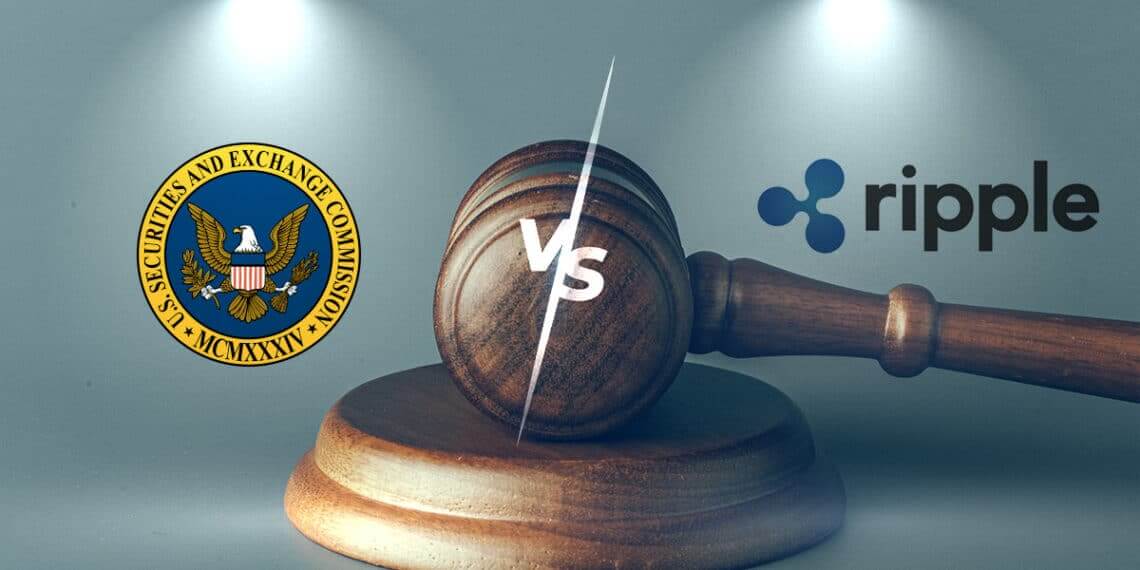In what is shaping up to be one of the most important cryptocurrency court cases to date, Ripple is taking on the SEC. The SEC has argued that XRP is a security, while Ripple insists that it is a currency. This case will set a precedent for how other cryptocurrencies are treated by the courts, and could have a huge impact on the future of the industry.
What happened with XRP?
On December 22, 2020, the U.S. Securities and Exchange Commission (SEC) filed a lawsuit against Ripple Labs Inc., its CEO Brad Garlinghouse, and co-founder Christian Larsen. The SEC alleges that Ripple violated securities laws by selling over $11 billion worth of XRP without registering it as a security.
The SEC also alleges that Ripple misled investors by claiming that XRP was backed by real-world assets, and that it would be used to power a new payment system called xRapid. Neither of these things turned out to be true.
Ripple has denied all of the SEC’s allegations, and has vowed to fight the case. The company argues that XRP is a currency, not a security. Ripple also argues that the SEC is overstepping its bounds by trying to regulate cryptocurrencies.
Does XRP have a chance to win the case?
The SEC has a strong case against Ripple. However, there are some factors that could work in Ripple’s favor.
First, the SEC has never taken action against a cryptocurrency company for selling unregistered securities. This is uncharted territory, and the court could rule in Ripple’s favor simply because there is no precedent.
Second, the SEC has been criticized for its handling of cryptocurrencies. The commission has been accused of being slow to act, and of not providing clear guidance on how it intends to regulate the industry. This could work in Ripple’s favor, as the court could view the SEC’s lawsuit as an attempt to unfairly punish Ripple.
Third, XRP is not the only cryptocurrency that could be considered a security. If the court rules that XRP is a security, then it could have a ripple effect (pun intended) and force other cryptocurrencies to register as securities as well. This would be a huge headache for the cryptocurrency industry, and could lead to more regulation down the road.
The bottom line is that Ripple has a chance to win the case, but it is far from a sure thing. The outcome of this case could have a huge impact on the future of cryptocurrencies, so it’s definitely one to watch.
What do you think about Ripple’s chances in court? Let us know in the comments below!



